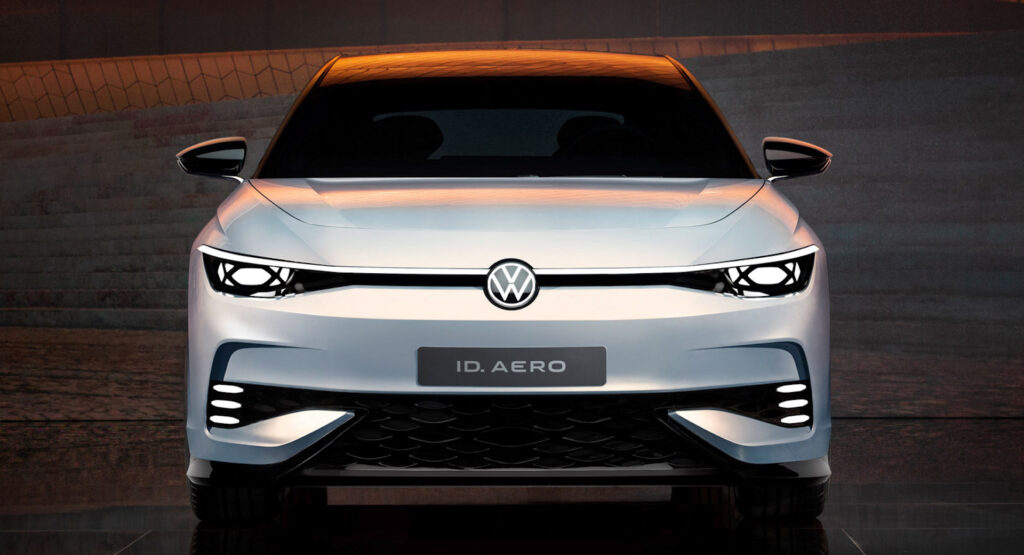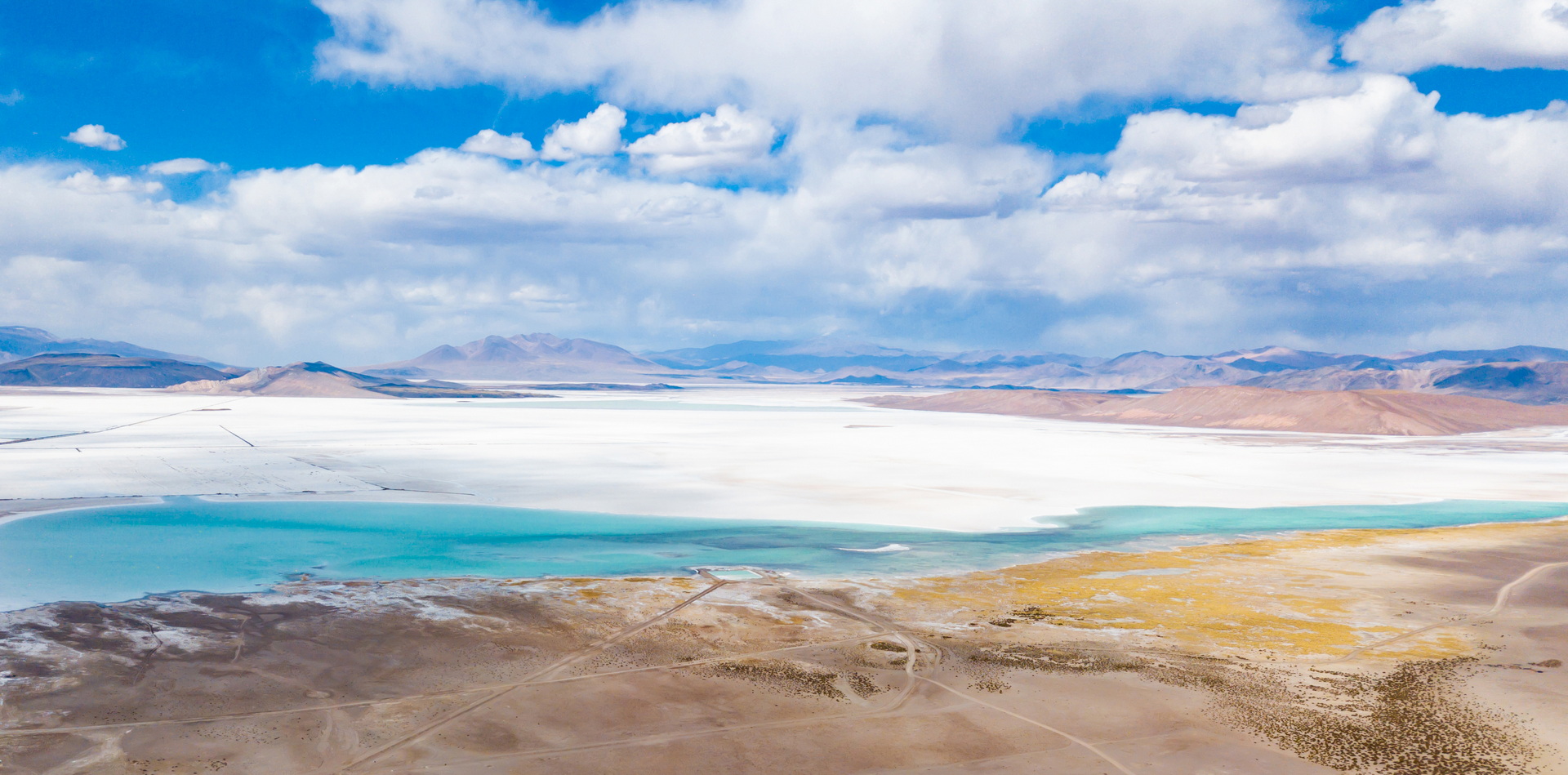The EU member states have locked down a plan to reduce vehicular carbon emissions to zero by 2035, effectively signing the death warrant on combustion technology and creating a headache for automakers.
But it’s not the phasing out of ICE-powered cars and SUVs that is the cause of that headache. According to Arno Antlitz, Volkswagen Group’s Chief Financial Officer, it’s sourcing a sufficient quantity of batteries to power their all-electric replacements that is giving car manufacturers sleepless nights.
Though the decision to implement a 100 percent reduction in CO2 by 2035 still hasn’t been enshrined in law, the deal is as good as sealed. Five countries, including Italy and Slovakia, had been requesting an extra five years to reach the 100 percent target. But eventually all of the member states agreed to back the original proposal, making it impossible to sell an ICE vehicle for road use in Europe beyond 2035, and forcing automakers to switch wholesale to electric cars.
Related: Near 500% Lithium Price Surge Could Prevent EVs Getting Cheaper, Air Getting Cleaner
Some car companies had previously pushed back against the plan, though Volkswagen, along with Ford, Volvo and Mercedes, added its backing.
“It’s a challenging goal. We think it’s doable,” Antlitz told Reuters in an interview at the Reuters Automotive Europe conference.
“The most challenging topic is not ramping up the car plants,” he explained. “The most challenging topic will be ramping up the battery supply chain.”
That supply chain is dependent on the availability of essential components like lithium, nickel, manganese and cobalt that go into making modern EV batteries. But the price of those minerals has already rocketed due to undersupply, and is likely to get much worse as carmakers begin rolling out huge quantities of new EVs in the years immediately preceding the ICE ban.
Stellantis CEO, Carlos Tavares, has predicted that the entire auto industry will be hit with a shortage of batteries as soon as 2024-25, Reuters reports.





